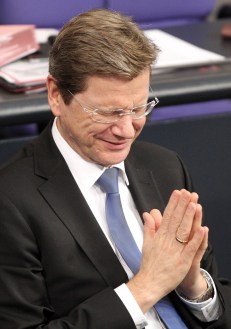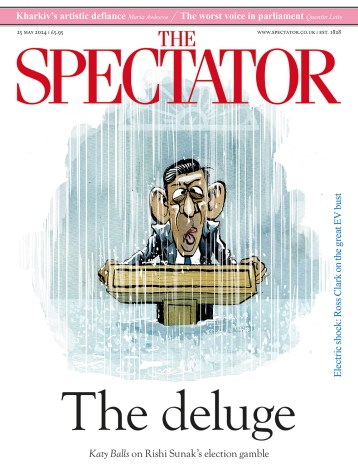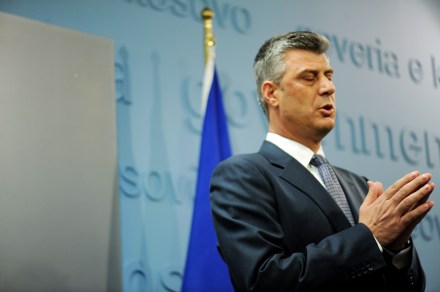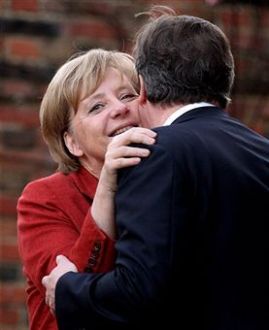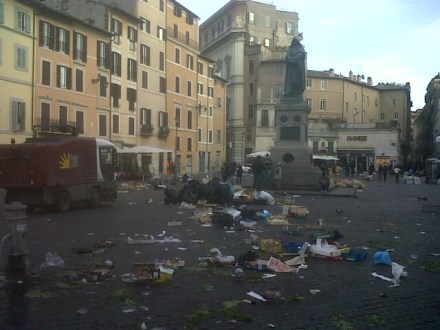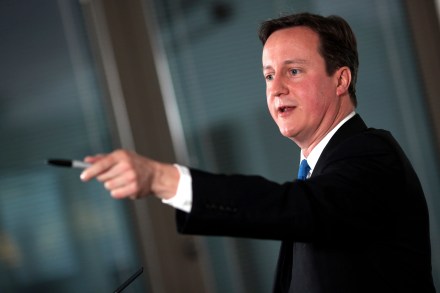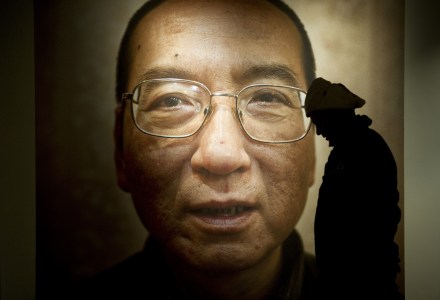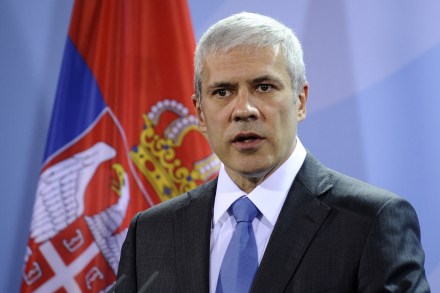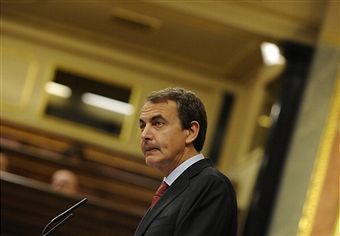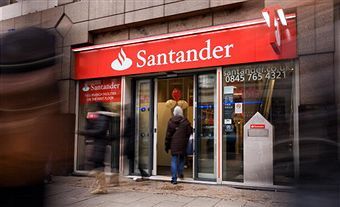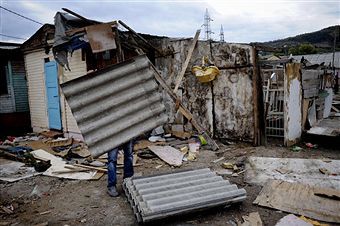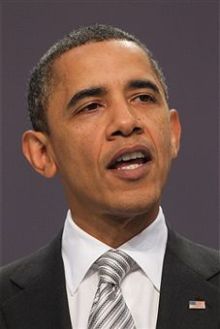Grim parallels with Germany for Nick Clegg?
Germany is one of the few countries that Nick Clegg has been able to look to for tips on how to be a successful Liberal party in coalition with a larger Conservative party. In 2006, Guido Westerwelle even took a delegation of Free Democrats to a Lib Dem frontbench meeting. Coffee House once predicted that, if the AV referendum was won, Clegg could one day become Britain’s Hans-Dietrich Genscher, a permanent powerbroker. The parties are of course different in many ways. The Free Democrats are decidedly more pro-market and pro-business than the Liberal Democrats. They also have a lot more experience of government. Before the last election, the Free Democrats
